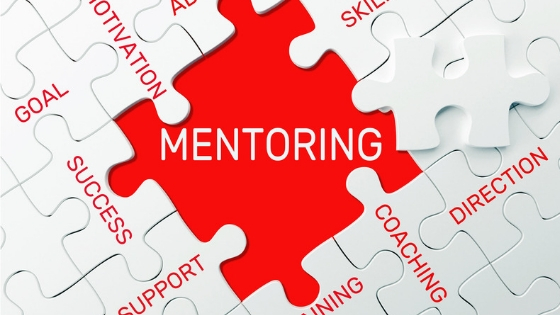By Guest Contributor Rebecca Robins – MD Efficiency Assessments
Mentoring means different things to different people.
The way I see it, mentoring is a partnership where a more experienced person works with someone with less experience to help maintain and promote quality within the industry and to provide new Assessors with the confidence to become part of that industry.
I like to think of mentoring as a partnership where both parties:
- have a vested interest in the relationship,
- are aiming for the same goals, work through difficult situations and
- celebrate the victories together, whatever the size.
In my experience, it is not only the less experienced Assessor who can learn from being involved in this process.
There are three key factors that should be addressed early on in the mentoring partnership to ensure that the mentoring sessions are useful, rewarding and enjoyable for both parties and that the proposed mentoring partnership is mutually beneficial and sustainable.
The three factors are:
- Establishing a plan early in in the process that balances the expectations, abilities and knowledge of both the mentee and mentor; and
- Recognising and addressing any interpersonal issues; and
- Ensuring that the teaching and learning styles of the mentee and mentor respectively, complement each other.
Let’s look at each of these factors individually.
Firstly, balancing the expectations and the abilities of the mentee (person being mentored) against what they need at that stage in their NatHERS journey is one of the key challenges of creating a successful mentoring partnership. As with any human relationship, both parties will bring individual expectations, qualities, knowledge and traits to the table. These need to be captured and a learning plan established that allows the Mentee to achieve goals associated with both the mentoring itself and in relation to a NatHERS career. Everyone is different and every partnership is different.
The ability of the mentor to be a chameleon and change their delivery and techniques, in reaction to the needs of the student, is the key to ensuring that each mentee gets what they are paying for.
I think it is easiest to look at some potential relationships by using examples of the types of engagement.
- One-on-one classroom style sessions – The mentee may expect booked session times that run like a private class. This would indicate that the mentor needs to prepare subject matter, examples and perhaps even a slide presentation. If this is the case, the mentor would need to know, in advance what topics are of interest to the mentee and prepare a learning plan and other materials accordingly.
- Review of completed Assessment – The mentee may require that a completed assessment be checked, comments provided and explanation given as to improving technique or understanding of certain aspects of the assessment.
- Another option may be that the mentee has questions about a current assessment project and therefore the session is mentee led and may require follow up information rather than pre- session preparation.
Finally, as with any human interaction, the personality of both parties needs to be well matched. This is a difficult conundrum in any business relationship and needs to be handled professionally. Facing the issues head on and even parting ways, if mutually agreed, can sometimes be the only way forward, especially in a small industry group. Despite feelings at the time, this can be a learning experience in itself in relation to dealing with difficult clients.
There are new people entering the NatHERS industry every day that want and need to know the information that only comes from experience. Experience is not something that can be given or instantly obtained. Creating a conduit between those who have the experience and those that don’t can, in the long run, benefit all assessors, old and new. The sharing of knowledge and experience is valuable in ensuring that Assessor population as a whole sustains or improves in expertise and ensures confidence and respect from other professionals within the construction industry.
What do you think contributes to a successful mentoring relationship – tell us in the comments below






